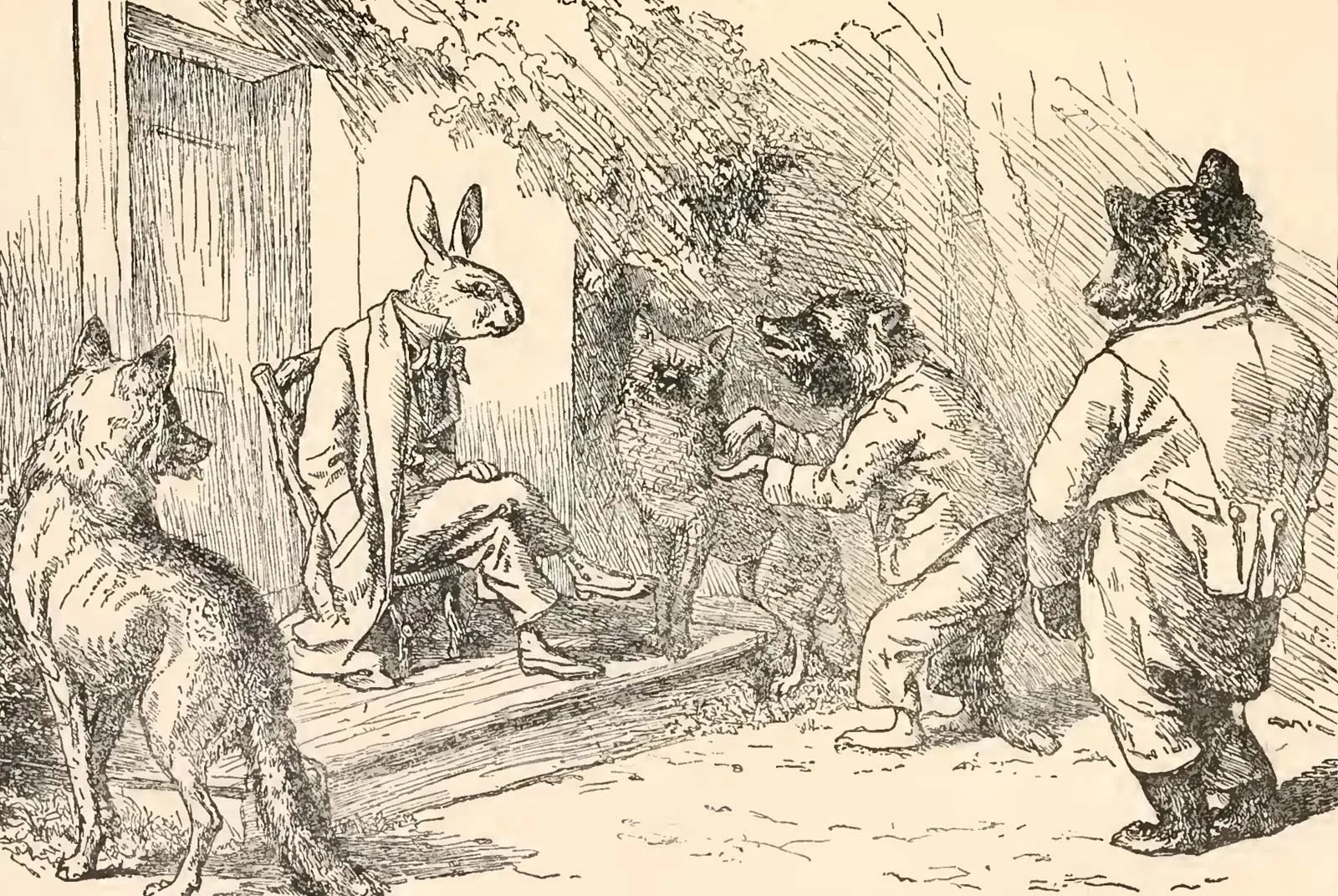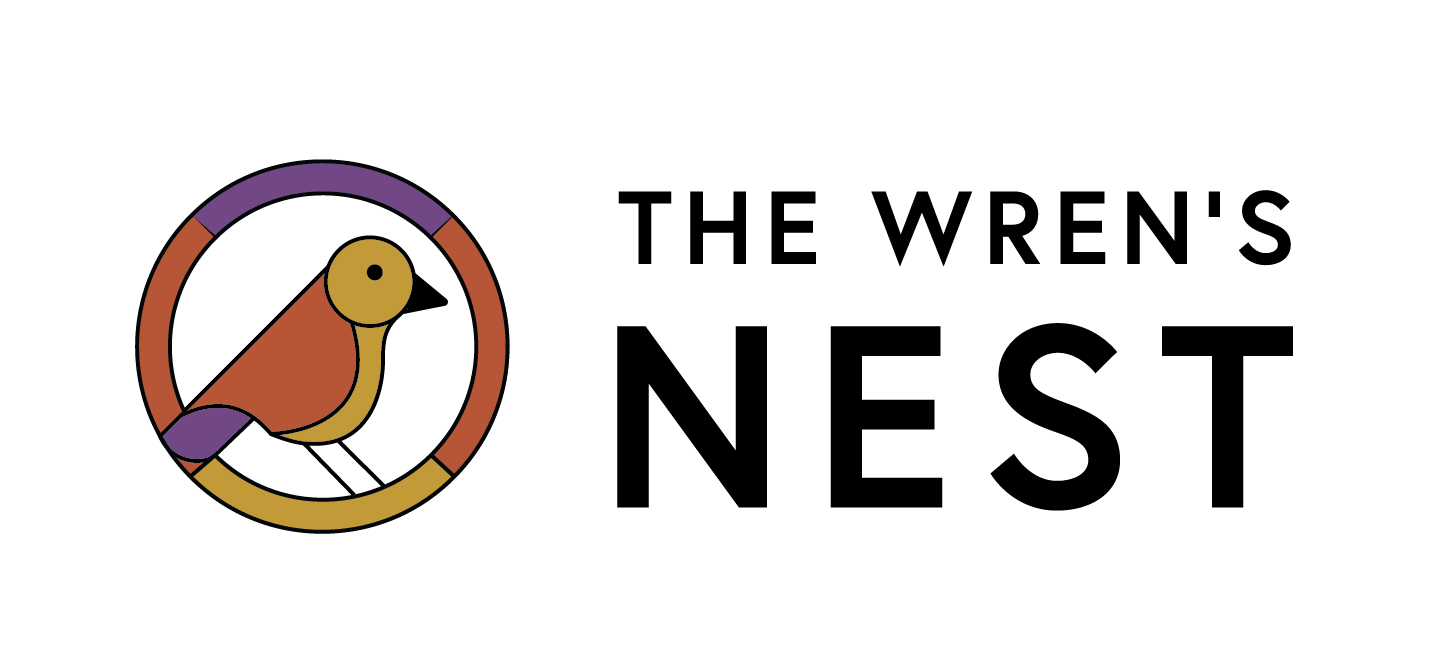

The Tales

Harris initially wrote a few of the Uncle Remus stories in 1876 when a humor writer for the Atlanta Constitution fell ill.
Harris created the Uncle Remus character as a narrator and based him on the enslaved men and women he met at Turnwold Plantation, where he worked as a printer’s devil.
Two years later, he began collecting and recording the stories in earnest. They first appeared in serial form in the paper, but by 1880 their popularity allowed Harris to compile them for a book — Uncle Remus: His Songs and His Sayings. It was quickly reprinted and translated into 17 different languages almost immediately.
As a trickster character with human qualities, Brer Rabbit uses wit to outsmart Brer Fox and other critters, overcoming risky situations in the Uncle Remus tales. The rabbit trickster inspiring Harris’s Brer Rabbit is rooted in African and Native American oral literatures. The Nigerian Yoruba spiritual tradition features trickster Eshu to communicate between humans and god-like beings. The Muscogee-Creek people know the trickster rabbit as Chufi, who navigates humorous but difficult moments that challenge his survival.
Notably, The Wren’s Nest, like much of Atlanta, sits on Muscogee-Creek homelands. Harris’s writings may have popularized the rabbit trickster in American literature, but this figure appears in many important global storytelling traditions.
As part of our mission to preserve storytelling traditions, we host a storytelling performance every Saturday at 1:00, led by a professional storyteller. Click here to plan your visit.
Joel Chandler Harris’ retellings of African, African American, and Muscogee-Creek tales were widely popular and reprinted nationally, creating a readership for his later works.
For further reading:
New Georgia Encyclopedia - "Uncle Remus Tales"
New Georgia Encyclopedia - "Storytelling Traditions"
Alao, Abimbola Gbemi. Trickster Tales for Telling. Lampo Educational Services, 2016.
Gouge, Earnest. Totky Mocyse/New Fire: Creek Folktales. Edited and translated by Jack B. Martin, Margaret McKane Mauldin, and Juanita McGirt. University of Oklahoma Press, 2004.


